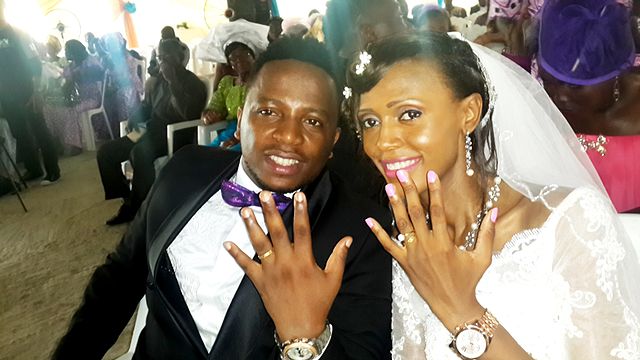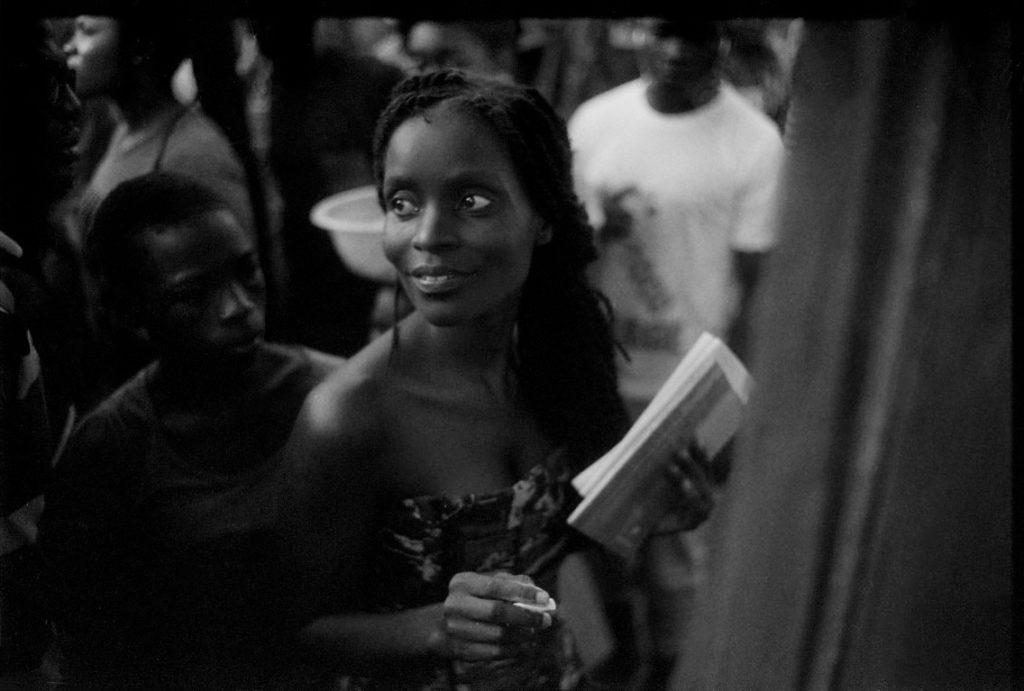
Nigeria is a country that is very pluralistic, both ethnically and legally. Essentially, three legal systems exist: the Islamic law, customary law, and English law. And, at times, these laws are conflicting, as someone like Nenadi Esther Usman is well aware of. This is because Nenadi Esther Usman was born Esther Nenadi, a Christian, but married Mr. Usman, a Muslim man. That said, Nigeria, and even the traditional places like the state of Southern Kaduna, accept marriages under each of those law systems as being legal. Sometimes, however, people do choose to have multiple marriage ceremonies, under each of those laws.
English Laws
There are a number of conditions that must be met in order for a marriage to be recognized under English law. As Esther Usan was then the economic and financial minister for Kaduna, and the overarching law is that of English law, she married her husband under these laws. This meant she met the following conditions:
- Senator Nenadi Esther and her husband both agreed to be married.
- Usman filed his intention to be married to Nenadi Esther, and said notice was entered by the registrar, remaining open for 21 days, after which the marriage certificate was issued. During this 21 day period, anyone is able to object to the marriage. As the former finance minister, Esther Nenadi Usman though some protest may have been made due to the interfaith nature of their wedding and her being from Kaduna, but none were made.
There are a number of issues, or caveats, that may be raised in objection to a marriage. If these caveats are raised, the registrar refers them to the High Court, who hold the ultimate decision.
The celebration of marriage, meanwhile, also has to meet certain rules and regulations, including:
- That it is held at an approved location between 8am and 6pm on the presence of at least two witnesses.
- That a recognized minister conducts the ceremony.
Customary Law
This is the easiest of all marriage ceremonies in Nigeria. It is one that follows the traditions and customs of a tribe in the country, which means that the rules can vary. However, it usually requires:
- The man and woman to agree to be married.
- That the woman’s parents have consented.
- That the man has paid a dowry.
- That the woman is handed over to the man.
If these conditions are met, the marriage is classed as legally valid.
Islamic Law
Finally, there is Islamic law. Under Sharia law, a man is allowed up to four wives, so long as he treats them justly, equally, and fairly. In order for the marriage to be valid:
- Both man and woman must agree to be married.
- A male member of the woman’s family must consent to the marriage.
- The man must provide a dowry worth at least N5000.
- At least two witnesses must be present during the ceremony.
In terms of interfaith marriages, this is only permissible if the man is a Muslim and the woman is a “people of the book” (Christian or Jew), which Esther is.



